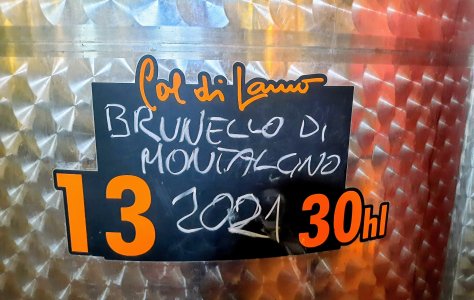Pinot Noir
Origins
- Ancient vine, perhaps 2,000 years old
Distant origins in France - first documented mention in France in 1375
Characteristics
- Finicky grape: notoriously difficult to grow (which is partly why it is hugely intriguing to New World winemakers)
- Likes well-drained, preferably calcareous, soils
- Problems: fruit setting and also rot (tightly packed bunches)
- Early budder and ripener, so best in cool climates with long growing season. Often jammy or stewed in hotter climates
- Importance of best Dijon clones, as opposed to some older plant material
- Mutates very easily: many different clones (so can be pale or dark in colour), some very poor
- Must be pruned to yield low, or doesn’t taste of anything
- Fruit quality: when young, strawberries, raspberries and cherries; when mature, mushrooms, game, and "undergrowth" aromas and flavours
Vinification / Maturation
- Traditional vinification in open-topped tanks; cement or big vats
- Maturation in French oak (wherever made). In Burgundy the % of new oak varies from none to 100% depending on style of grower and stature of wie. In the New World a higher % of new oak is often used, sometimes smothering the grape
Homeland
- Specifically the Côte d’Or, from Dijon south for 50km, where it makes up over half the vineyards
- but also Côte Chalonnaise
Also to be found in…
- France: near Burgundy heartland, e.g Irancy and the Central vineyards of Loire, Sancerre and Menetou-Salon (these can make very pretty wines in good summers; Alsace; Savoie and Jura
- Germany: some highly successful Spatburgunder
- N.E. Italy: some good Pinot Nero in Alto Adige, but usually over-cropped
- Switzerland: the Valais
- Slovenia: the Vipava valley
USA: California: where best in cooler valleys open to maritime influence e.g. Sonoma, Russian River Valley, Carneros (fog), Santa Maria Valley; and Oregon: wines of great style from boutique wineries
- New Zealand: grown all over NZ but traditional success in Martinborough (S end of North Island) and Marlborough (N of South Island), followed by splendid (but sometimes over-ripe and over-alcoholic) wines from recent plantings in Central Otago in South Island.
- Australia: usually too hot (and therefore jammy, unsubtle and fast-maturing) but some fine Pinots from cooler areas such as Adelaide Hills (S. Australia) and around Melbourne in Victoria.
- Chile: most successful in cooler, Pacific Ocean influenced sites, e.g. Aconcagua Costa, Casablanca, San Antonio, Itata and the far south – Bio-Bio.



